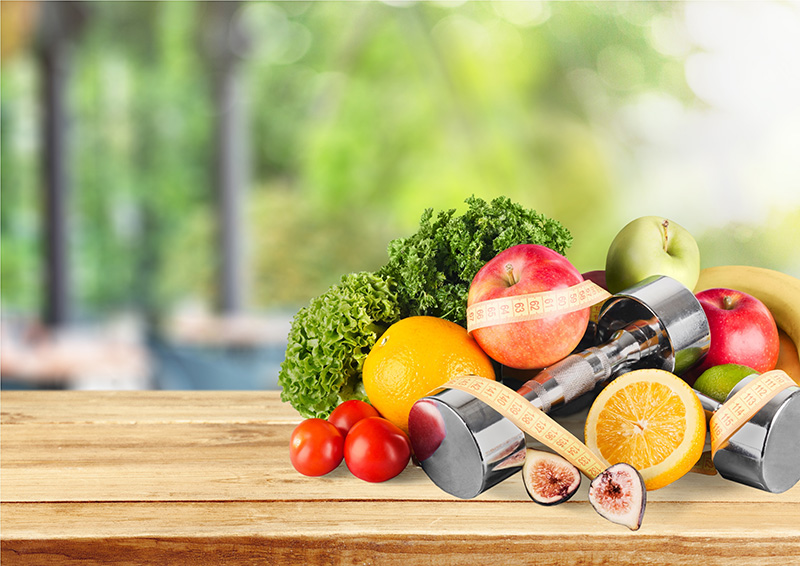Some of the most common questions I have asked are about bananas and eggs, and whether we should or should not consume them. Here are a few low downs on both.
Bananas
Usually contain around 90 calories for an average banana, which mainly comes from its sugar content. This is the issue that concerns most people. For someone who is having problems with managing their blood sugar levels (diabetes), eating large quantities could cause spikes in the blood glucose levels and bring on some unwanted side effects. If you are a type I diabetic and are experiencing a hypoglycemic turn (low blood sugar level), a bite of a ripe banana (if you do not have the juices or lollies) will suffice to help bring the levels back up. This means that it is a high glycaemic source (quickly digestible then presented in the blood stream).
What people do not realise is that one banana contains 20% of our daily requirement of Vitamin B-6 (heavily involved in foetal brain development and our metabolism), 10%f of our daily fiber requirement (to keep us regular) and 10% of our potassium requirements (helps our heart, kidneys and liver function, just to name a few).
Eggs
Eggs contain around 155 calories on average. The biggest concerns surrounding egg consumption is the cholesterol content. In most readings and research, it is generally agreed that the consumption of eggs does not affect cholesterol levels greatly. It is in fact thought to increase the good cholesterol (HDL) in our body through protein ingestion.
Eggs contain 21% of our vitamin D (promote calcium absorption, immune function maintenance), 16% of our daily protein requirement (protein is the absolute building block of our body and is involved in most bodily physiological functions) and 10% of our vitamin A (helps for healthy teeth, skin and the pigments of our eyes).
A personal note on egg consumption. I had a talented teenage sportsman in the family. As he progressed up the representative levels of his sport and was faced with more emphasis on strength and size as well as fitness, all authorities relayed that he should be on some ‘supplementary support protein’ to help. The egg was the natural solution. To address the extra needs of his body, he had a boiled egg after training sessions and had an egg or two with either his lunch or as an afternoon snack. Not only were they filling, they were lest cost and had none of the side effects that most supplements do.
Key factors for both
Like any foods, the amount consumed will regulate whether they are beneficial or not. A banana and up to three eggs a day will not be an issue for the average active, healthy adult. Above and beyond that, you may find issues.

